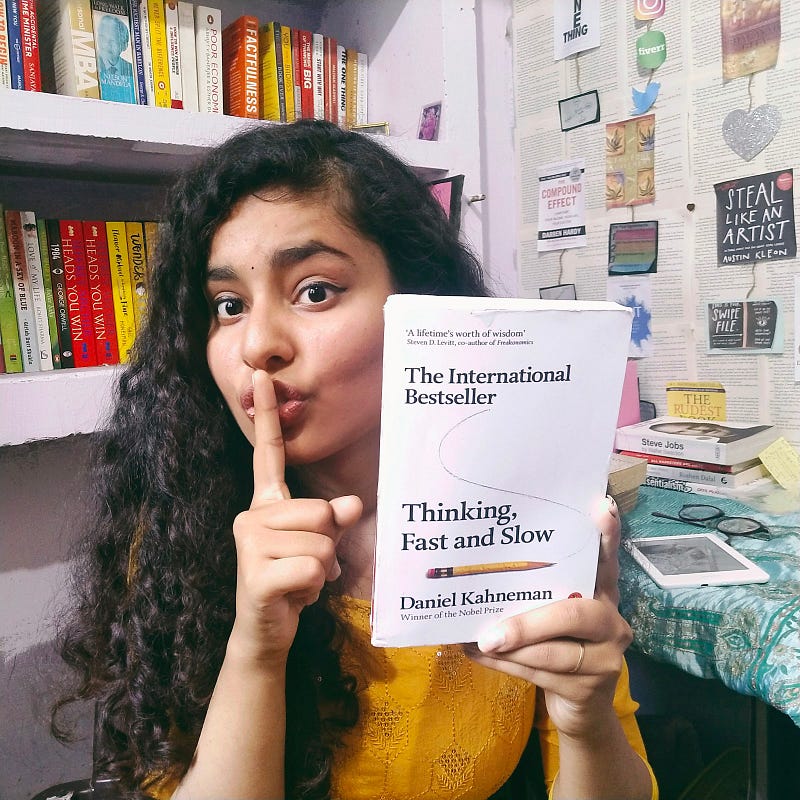# Overcoming Mobile Addiction: My Journey to Skill Mastery
Written on
Chapter 1: Recognizing the Problem
If you're reading this blog, chances are you, too, are grappling with a mobile addiction, and, more importantly, you're aware of it. The design of smartphones and their myriad applications is rooted in extensive psychological research, aimed at keeping us engaged and, often, ensnared. It's alarming how deeply entrenched we can become in our devices and social media, to the point where, despite our desire to break free, it feels as if our minds have been hijacked.
Just a month ago, I found myself in a similar situation. After waking up and showering, my morning ritual consisted of mindlessly scrolling through social media with my coffee in hand, often for hours on end—until my eyes felt like they were on fire.

A month ago, I checked my screen time and was shocked to find it was averaging six hours a day. You might find that a bit exaggerated, but here's the reality check: I strive to live a minimalist lifestyle, savoring each moment and working diligently toward my goals. However, after confronting my screen time, I realized that despite having read over a hundred self-help books and wanting to be successful, I wasn't taking the necessary steps to realize my dreams. Instead, I was captivated by the idea of self-improvement while passively watching others achieve theirs on social media.
The outcome? I took a step back, closed my eyes, and was horrified by what I discovered about my daily routine. With about nine hours spent sleeping, I had a mere 15 hours left each day. After accounting for eating, bathroom breaks (where my phone was often my companion), overthinking, personal care, and reading, I was left with only 10 hours. The staggering realization was that I was squandering six hours of that time on social media, leaving me with just four hours to pursue my aspirations. How could I expect to be productive when my mental energy was drained by excessive screen time? How could I find joy in my work when I was getting my dopamine fix from Instagram reels, binge-watching YouTube videos, and revisiting the TV series FRIENDS for the fifth time in a year?
Chapter 2: Strategies for Change
Here’s how I liberated myself from the chains of social media addiction:
Assess Your Usage:
As I mentioned, I spent over six hours daily on my phone. You, too, need to evaluate how much time you're dedicating to your device. Analyze your usage across different platforms like Instagram (my personal downfall), Twitter, Pinterest, and Netflix. Understanding where your time goes is crucial for addressing the issue.
Remove Temptations:
The saying "out of sight, out of mind" rings true. Our brains can be trained to avoid temptation. Here are two approaches:
- Conceal the apps where you spend the most time. As suggested by James Clear in Atomic Habits, removing triggers for bad habits is essential.
- Increase the steps required to access these apps. For instance, I not only hid Instagram and Netflix but also logged out of my accounts, adding extra steps each time I wanted to access them.
Find Engaging Alternatives:
Think of your phone as a parent and your brain as a child. Just as a child needs entertainment to forget about their parent, your brain requires engaging activities to distract it from your phone. I realized that even when I tried to quit Instagram, I would frequently reach for my phone. To combat this, I decided to challenge myself to learn a new skill each month.
Why a month? Without a deadline, tasks often get postponed and lose their significance. By setting a time frame, your brain prioritizes the challenge. For example, I committed to learning calligraphy—a skill I had desired for five years. Despite my laziness, I succeeded in learning it within 30 days.
After only five days of watching YouTube tutorials, I picked up a sketchbook and pen, starting with just ten minutes of practice. Over time, those ten minutes grew to half an hour. Learning something I truly wanted to master kept my brain engaged, allowing me to break free from my habitual phone use.
Conclusion
Life is fleeting. What may feel like years will, in retrospect, seem like mere moments. If you reflect on your time spent on devices, you may realize how much of your life has been consumed by a gadget. I hope this article serves as a guide for you to reduce screen time, increase your engagement with the world, and finally pursue the skills you've always wanted to learn.
Explore how others have tackled their phone addiction and found peace.
Witness the journey of someone who permanently overcame their mobile addiction.